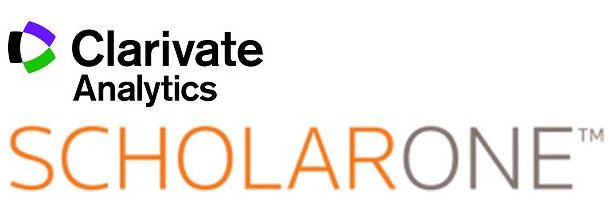Anti-amnesic Activity of Pithecellobium dulce Benth. Leaves Extract Against Scopolamine-Induced Memory Impairment in Rats
DOI:
https://doi.org/10.22377/ijpscr.v3i02.167Abstract
Background: Alzheimer’s disease is a neurological condition that impairs memory and cognitive function and worsens as a person gets older. Pithecellobium dulce benth. is a medicinal plant used for the treatment of a wide variety of ailments. Several chemical constituents such as alkaloids, phenols, flavonoids, steroids, tannins, and saponins present in P. dulce benth. Possesses strong anti-inflammatory and antioxidant properties. Most of the drugs showed neuroprotective activity by inhibiting inflammation and oxidative stress in brain cells. Thus, we intended to evaluate the anti-amnesic activity of the ethanolic extract of P. dulce benth. leaves against scopolamine-induced memory impairments in the experimental rat model. Methods: The investigation was conducted over a period of 28 days. Behavioral assessment was done on the 29th day using a rota rod, actophotometer, elevated plus maze, open field model, and biochemical parameters such as lipid peroxidation malondialdehyde (MDA), catalase, acetylcholinesterase activity, and protein estimation were estimated in brain homogenate. Rats (30) were divided into five groups of six animals each. Including a negative control, positive control (scopolamine 1 mg/kg I.P), standard (donepezil 2.5 mg/kg P.O), and two different doses of EEPD (200 and 400 mg/kg) along with scopolamine. One-way ANOVA was used to analyze all the data, and it was followed by a Tukey–Kramer Multiple Comparison Test. Results: The results of the present study revealed that treatment with EEPD (200 mg/kg and 400 mg/kg) increased locomotor activity, enhanced muscle grip strength, reduced amnesic-like behavior, and increased exploratory activity compared to the positive control group. The brain homogenate showed a decreased MDA level, an enhanced in catalase level, a decreased in acetylcholinesterase level, and an increased in protein level were seen in EEPD in a dose-dependent manner and donepezil-treated group when compared to a positive control group. Conclusion: The study concludes that the ethanolic extract of P. dulce B. possesses significant anti-amnesic activity.
Downloads
Downloads
Published
How to Cite
Issue
Section
License
Copyright (c) 2024 B R Nahata Smriti Sansthan International Journal of Phramaceutical Sciences & Clinical Research

This work is licensed under a Creative Commons Attribution-NonCommercial 4.0 International License.
This is an Open Access article distributed under the terms of the Attribution-Noncommercial 4.0 International License [CC BY-NC 4.0], which requires that reusers give credit to the creator. It allows reusers to distribute, remix, adapt, and build upon the material in any medium or format, for noncommercial purposes only.







